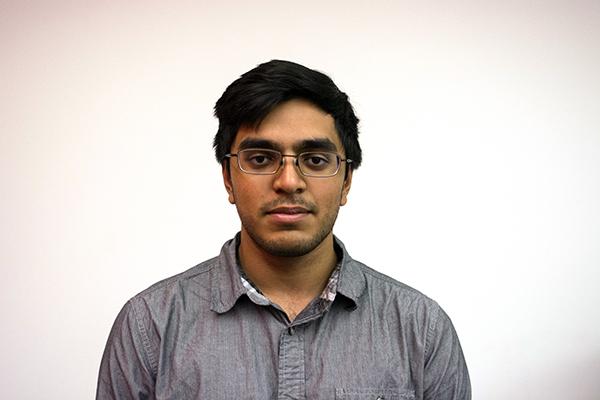The Perils of Technological Gentrification

February 23, 2016
Governments, businesses and just about everyone else seem to drool over tech entrepreneurs. Cities and their development corporations bend over backwards and spend millions to attract tech companies and professionals. These companies promise, in their buzz-wordy parlance, to disrupt everything. But one form of disruption that never shows up in the sales pitches is the destructive attitude they bring to their host communities. Until tech starts actively collaborating and engaging with their local communities and the issues they face, they will be a drain on the cities they inhabit.
Longtime residents of these cities are not seeing the much promised gains from these tech firms. Instead, they see a fast moving tide of rich suburban transplants gentrifying their neighborhoods and pushing them out of their homes. In San Francisco, many historically working class districts, such as Tenderloin or the Mission district, are seeing tech industry transplants coming in and driving up costs-of-living. Residents of these districts are fighting to maintain the character of their neighborhoods. These tech industry transplants enter so fast and in such numbers, pushing out and destroying the host neighborhoods’ character rather than integrating into it. Projects such as the Google Bus and tech industry centered co-living companies isolate these tech workers from their new neighborhoods.
This isolation creates an empathy gap between the neighborhoods and the newcomers. Some tech workers even show callous disregard for those struggling caused by their encroachment. Justin Keller, a San Francisco tech worker, recently posted an open letter to the mayor and police chief complaining about San Francisco’s homeless problem. Exemplary of the lack of empathy Keller and other tech workers have for their fellow residents, he complained about the unbearable burden of seeing people who are homeless when going to work or going out. Keller takes part in a long list of insulting displays of lack of empathy from tech workers, including a proposal by Greg Gopman to house people who are homeless in a tent city outside of San Francisco.
San Francisco is a harbinger of what the future could hold for New York City. Tech is not necessarily the enemy. However, irresponsible expansion of the tech community has the potential to make the city unlivable for thousands, particularly if both the natives and the transplants establish lives entirely disconnected from one another. Drivers of this growth, such as NYU Tandon’s tech incubators or the New York City Economic Development Corporation, have a responsibility to couple growth with fairness and consideration for their neighbors. The damage already done by expansion was not inevitable. It was done out a of lack of consideration for the surrounding communities. These incubators have the ability to both encourage their graduates to be mindful and conscious of what effects their project have and to ensure growth in New York is symbiotic, not parasitic.
Opinions expressed on the editorial pages are not necessarily those of WSN, and our publication of opinions is not an endorsement of them.
Email Shiva Darshan at [email protected].






















































































































































